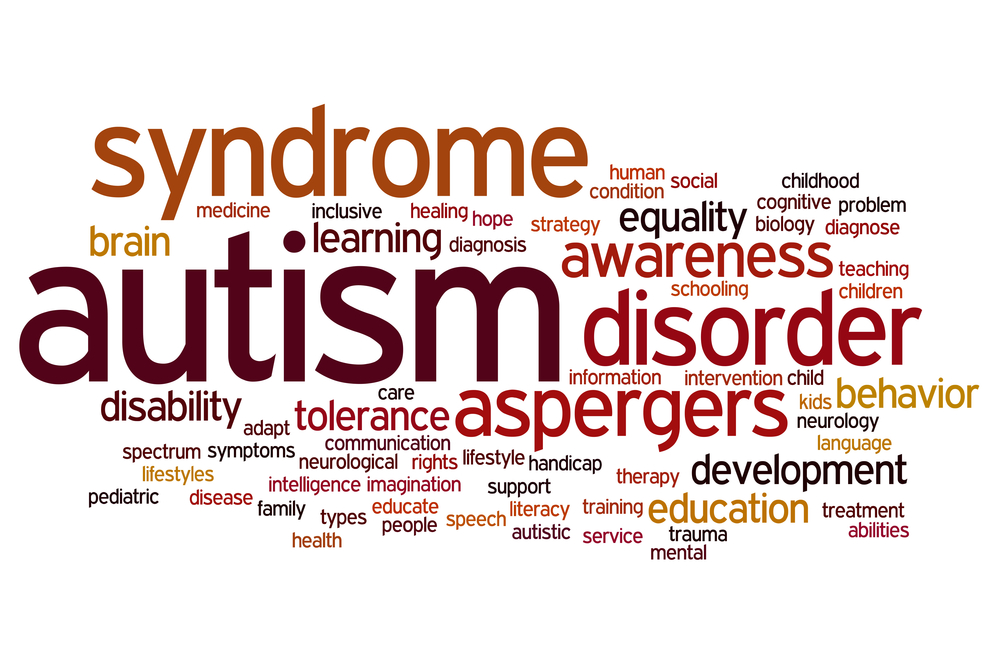Study Finds High Frequency of Parkinsonism in Adults With Autism

A study entitled “High rates of parkinsonism in adults with autism”, published 30 August, 2015 in the Journal of Neurodevelopmental Disorders, has established a correlation between autism and parkinsonian motor signs.
Autism spectrum disorder (ASD) is diagnosed in approximately 1.5% of children in the United States younger than 3 years of age. It is characterized by impaired social interaction, such as fail to respond to their name or to read facial expressions in others. Some children with autism also engage in repetitive movements such as rocking and twirling. ASD is a lifelong condition and considering population ageing, there is a need to study the prevalence of aging-associated diseases in ASD adults, such as Parkinson’s disease (PD).
Previous studies have suggested a link between autism and PD based on genetic studies, repetitive behaviors and in the involvement of basal ganglia, a brain region responsible for movement coordination. Now, researchers conducted a systematic analysis to assess parkinsonian signs in ASD adults 40 years and older. They observed high rates of parkinsonians signs, including bradykinesia (slow movement), resting tremor, rigidity, and postural instability in ASD individuals. The frequency of parkinsonism in studied ASD adults was 20%, and 7% of them were diagnosed with PD by neurologists. Compared to general population aged 65-70 years old, where the rate of parkinsonism is approximately 0.9%, these data show high rates of parkinsonism among ASD individuals. However, researchers identified limitations in diagnosing Parkinson’s disease in adults with ASD due to neuroleptic medication taken, motor stereotypies, generic “clumsiness,” and non-verbal communication by some ASD individuals.
The study also lacked local control groups for direct comparison though the authors are confident in the validity and relevance of the findings. “The possibility that individuals with autism are at increased risk for Parkinson’s disease as adults has important implications for detection and assessment, clinical practice, systems of care, training, and public policy. While research on ASD is now underway in young adult populations, the striking absence of research on autism in “older” adults has been noted in the literature, “ the authors wrote.
Importantly, this study suggests that PD and autism may share biological mechanisms, which may be elucidated by future research in ASD adults.






